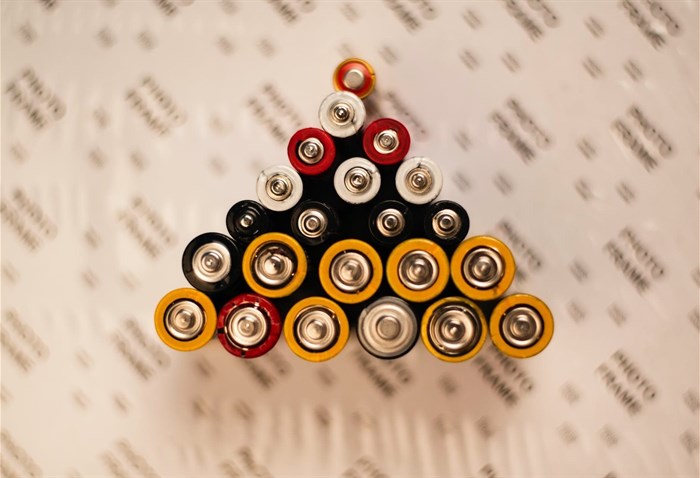
Image source: mohamed abdelghaffar from
PexelsLithium is an essential component across many of the technologies required to enable a net zero transition, including lithium-ion batteries, electric vehicles and energy storage systems.
Richard Blunt, partner, Baker McKenzie London, and chair of the Global Energy, Mining, Infrastructure and Projects Group, notes: "The demand for lithium has increased exponentially. Governments, industrials involved in manufacturing components for clean energy technologies, and electric vehicle manufacturers (to name just a few) are all competing to secure its supply. As energy security becomes an increasingly important concept, lithium is also playing a key role in the latest geopolitical patterns. New players are entering the mining market, innovative contractual structures are being developed, and unconventional partnerships are being forged - all in the name of securing the supply of lithium."
Blunt explains that amid heightened geopolitical tensions, it is not surprising that resource nationalism is a growing trend in the lithium industry, and governments around the world are increasingly using foreign investment rules to review lithium transactions, with multiple deals being subject to in-depth scrutiny or even outright prohibition in recent years.
"While concerns are primarily focused on control by state-owned or influenced enterprises, anyone looking to secure a supply of lithium needs to be aware of the foreign investment landscape across the countries fortunate to have significant lithium reserves," he notes.
Investment frameworks for lithium in Africa
The report includes details of foreign investment frameworks for lithium in four countries in Africa: Democratic Republic of Congo, Ghana, Mali and Zimbabwe.
In Zimbabwe, foreign investors interested in securing lithium investments must obtain an investment licence issued by the Zimbabwe Investment and Development Agency. Lithium has also been declared a strategic mineral under Zimbabwe's Finance Act 13 of 2023.
In another example, the foreign investment screening procedure in Ghana applies to lithium; however, there are slightly different procedures for foreign investment, acquiring shares, and asset/business transfers involving domestic assets in a mining company in Ghana.
The report outlines the availability of a foreign investment screening procedure, which may apply to lithium investments in each jurisdiction. If such a screening procedure is in place, the report delves into more detail, including the reviewing agencies, types of transactions or events that may trigger screening rules, notification thresholds, timeline for approvals, applicable fees and statutory penalties for failing to notify.
The Lithium Fire report also outlines the focus of the foreign investment review screening in these jurisdictions and whether there are substantive tests or points that must be satisfied. Lastly, the report looks at the possible outcomes of the foreign investment review screening procedure in each jurisdiction.
Identified lithium resources
| Jurisdictions | Lithium Resources |
| Argentina | 20 million tons |
| United States of America | 12 million tons |
| Chile | 11 million tons |
| Australia | 7.9 million tons |
| China | 6.8 million tons |
| Germany | 3.2 million tons |
| Democratic Republic of Congo | 3 million tons |
| Canada | 2.9 million tons |
| Mexico | 1.7 million tons |
| Peru | 880,000 tons |
| Mali | 840,000 tons |
| Brazil | 730,000 tons |
| Zimbabwe | 690,000 tons |
| Spain | 320,000 tons |
| Ghana | 180,000 tons |
| Austria | 60,000 tons |
Source: the US Geological Survey, Mineral Commodity Summaries, January 2023



































